Many Faces of Mental Health
In this new photographic portrait series, supported by Maybelline New York, we unveil the human stories behind some of the over 79 million people across 10 countries who are benefiting from WHO’s Special Initiative for Mental Health.
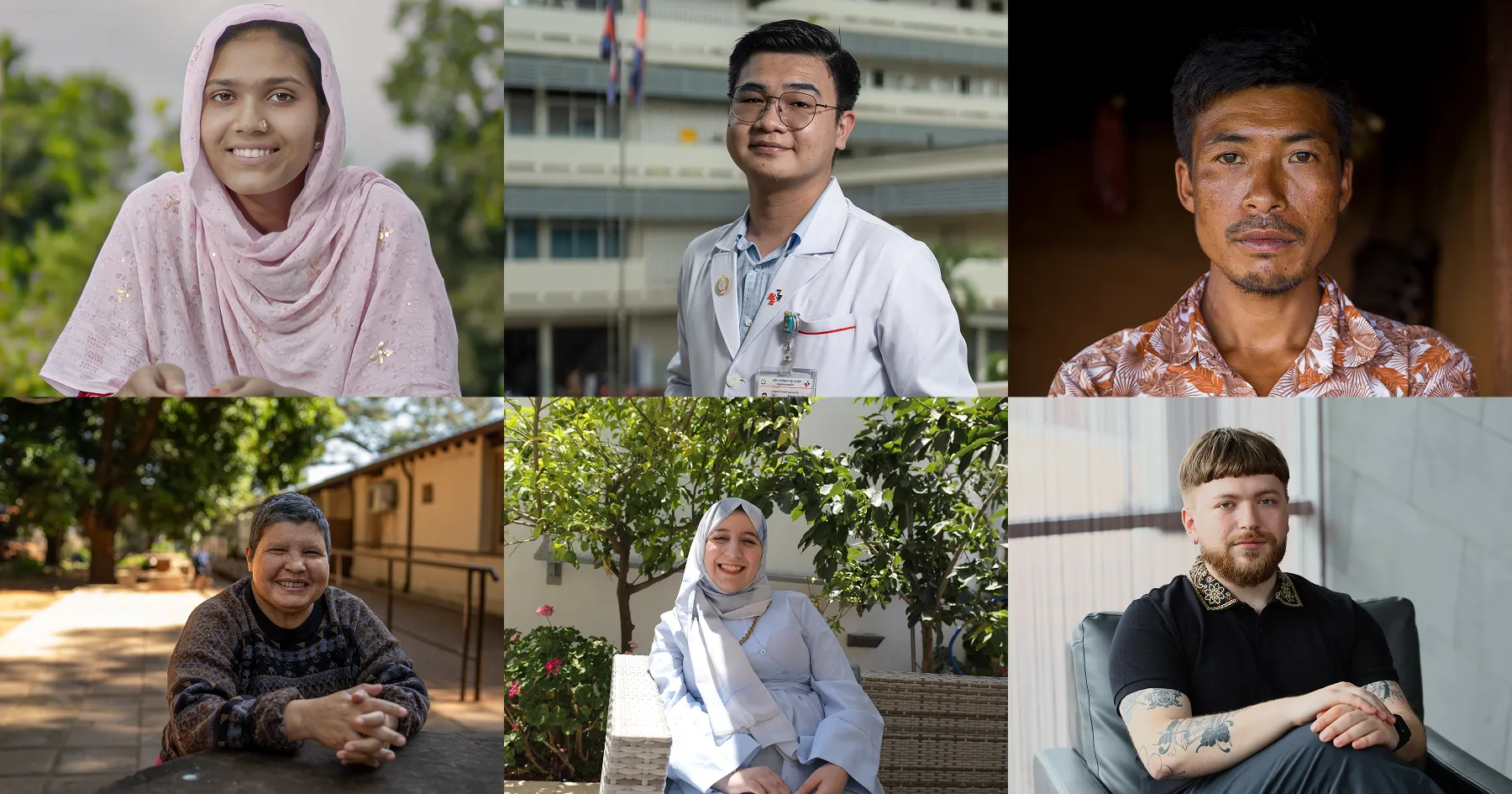
Compassion changes lives
The people in these portraits have each felt the impact of WHO’s Special Initiative for Mental Health in their own way. Some are nurses and doctors who completed hands-on training and now feel equipped to identify concerns early and respond with care. Others are community members who, often for the first time, could speak to a trained provider and begin treatment for their mental health condition.
You’ll also see caregivers who received support or connection to support groups. Together, these stories show how strengthening services, building confident workforces, and offering compassionate support can changes lives. The portrait series highlights stories of resilience and recovery, while underscoring the urgent need for accessible, quality mental services worldwide.
Here are some of their stories.
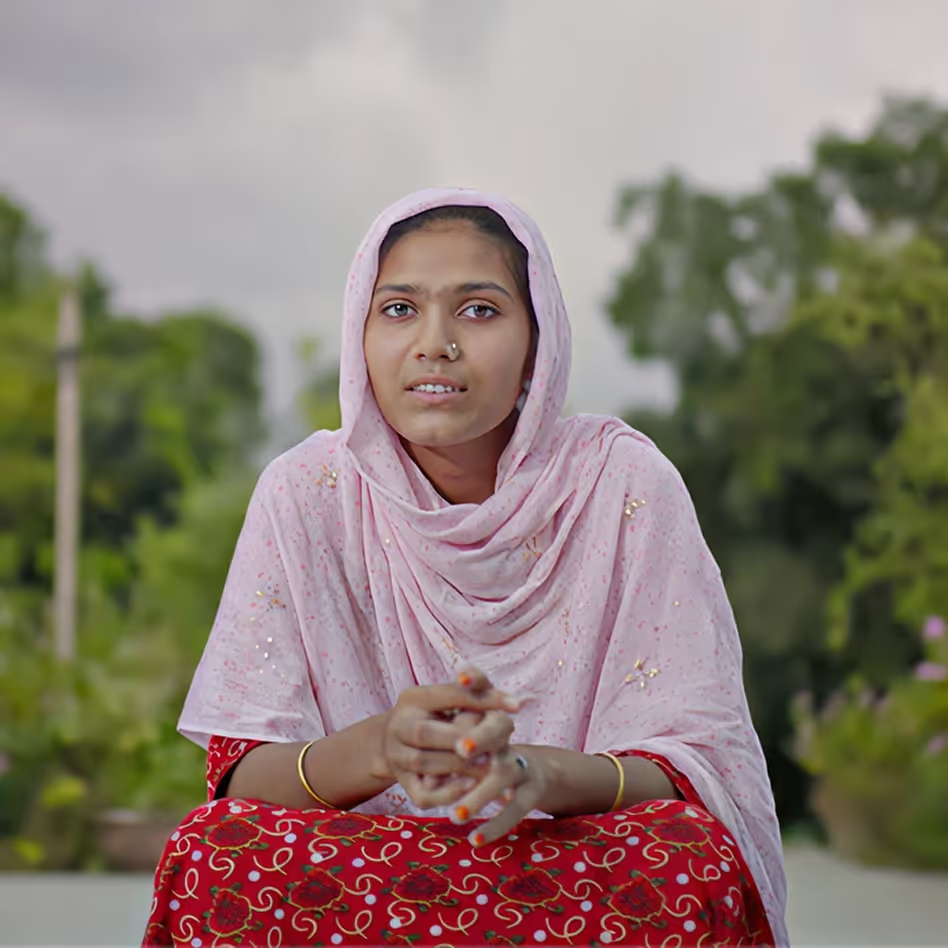
Bangladesh
Reshmi Khatun, Service User
“For about two months, I didn’t feel interested in doing anything. My mood changed quickly, and I didn’t want to talk to anyone or go anywhere. I lost interest in eating, felt weak all the time, and got tired very easily. My heartbeat was fast, and I felt like something was seriously wrong. I didn’t even feel a connection with my three-year-old child. At that time, I didn’t understand what was happening to me.
The doctor spoke to me kindly and listened to my story with patience. It was the first time in a long while that someone truly listened to me.
With their care and my family’s support, I recovered very quickly. After several weeks, I started feeling like myself again and was able to return to my regular life.”

Cambodia
LY Narin, University Student and Service User
“I used to be the loud and happy one, the one who joked around and sang in class. But then I became someone who just couldn’t wait to go home. Whenever my mind brought me back to the past, I felt like crying. I couldn’t stop the feeling.
What made me finally seek support was the thought that I wanted to be better. I wanted to be my old self again. When I saw myself falling apart, I felt sorry for her.
At first, I was scared to meet the mental health counsellor. But after a few sessions, I started to understand what I was going through. I remembered who I used to be.
If there’s one thing that I could tell others who are struggling, it’s this: the sooner you talk it out, the sooner you’ll start to recover. You’ll find yourself again. And when you do, the people around you will feel better too. “
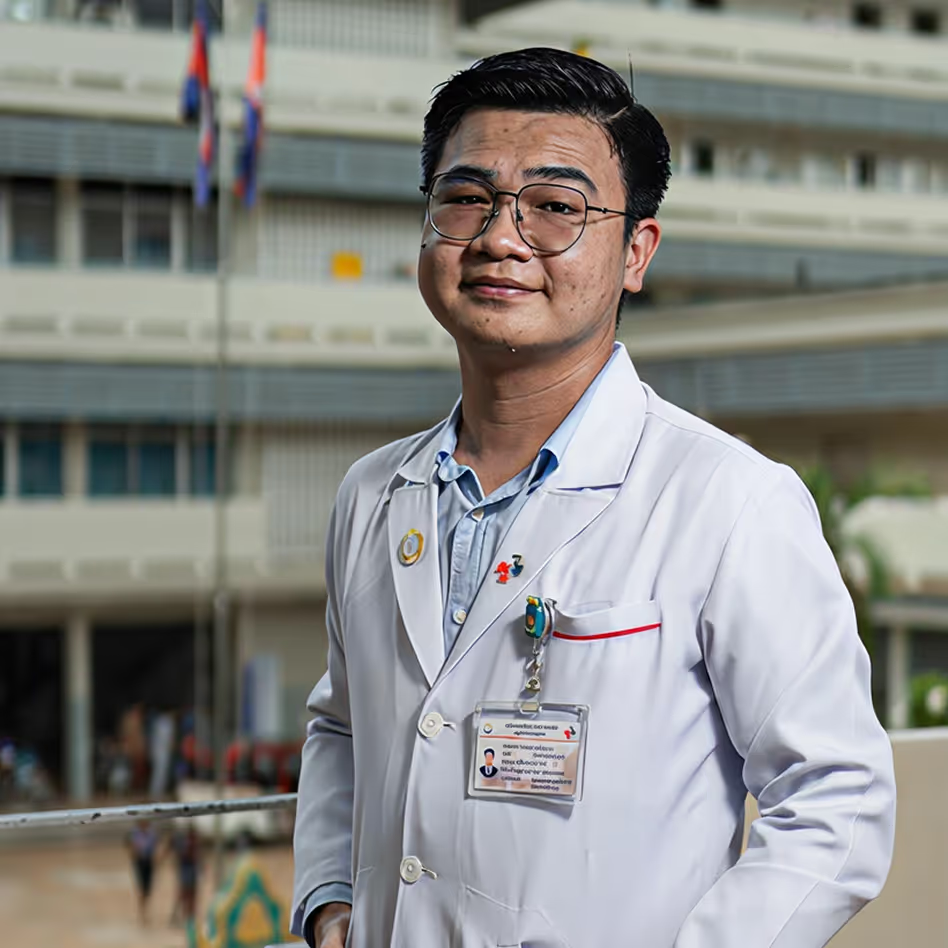
Cambodia
Dr KEO Tampa, Psychiatrist, Child and Adolescent Unit, Khmer-Soviet Friendship Hospital
“I’ve been working as a psychiatrist in the child and adolescent unit in this hospital for the past two years. I’ve seen how much a child’s mental health can affect every part of their life especially their education. There’s one girl I remember clearly with trichotillomania, a hair pulling disorder. She pulled out her hair, body hair and even her eyebrows when she was anxious. When I first met her, she didn’t utter a single word. The second time I saw her, she said one word: ‘Yes.’ Just that one word made me so happy.
In the sessions that followed, she slowly began to open up. The last time I saw her, I noticed her little eyebrows were starting to grow back—very short. But it filled my heart. She’s also gone back to school. That’s what matters to me.”
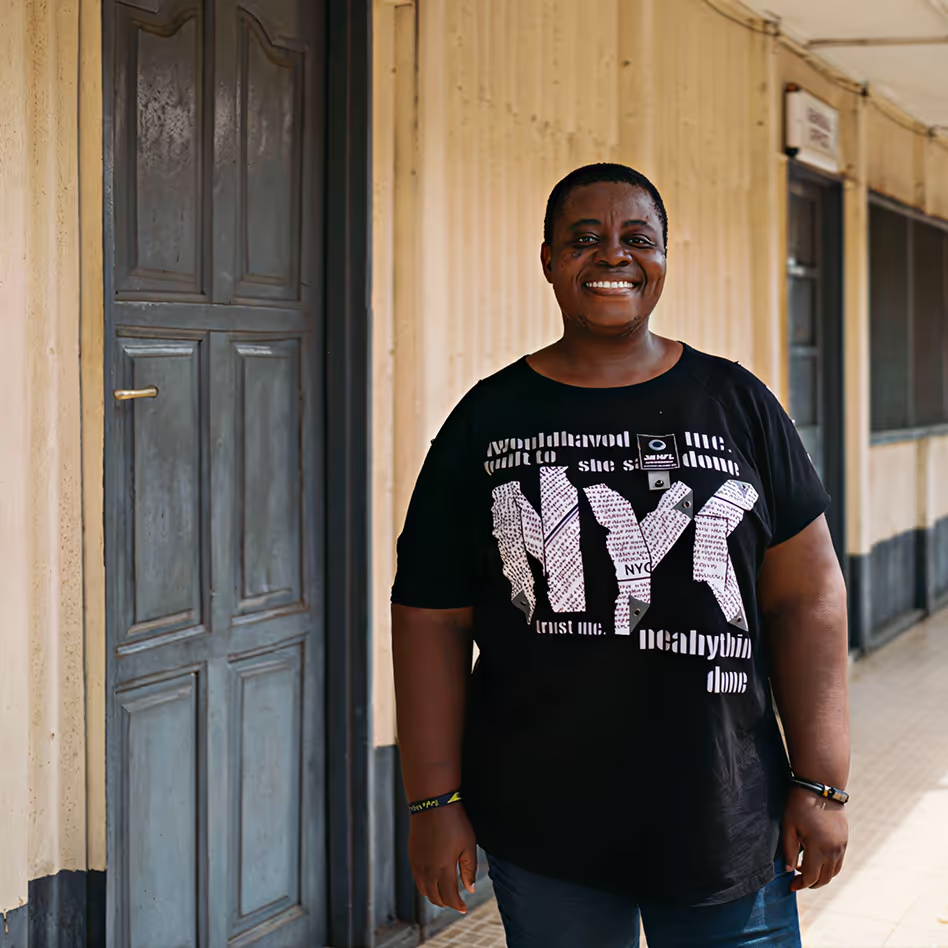
Ghana
Martha Coffie
“Mental health to me is not the absence of a mental health illness but my ability to go about and cope with my daily activities without any interruptions, which has afforded me the ability to go about my work as the advocate I am today.
As a person with the lived experience of a psychosocial disability, I received training on assertiveness on individual rights and how to speak to my own rights as a person with mental illness. I was empowered to advocate for the rights of others like me. These skills that I have acquired have built my confidence and made me stronger in my work as a mental health advocate.”
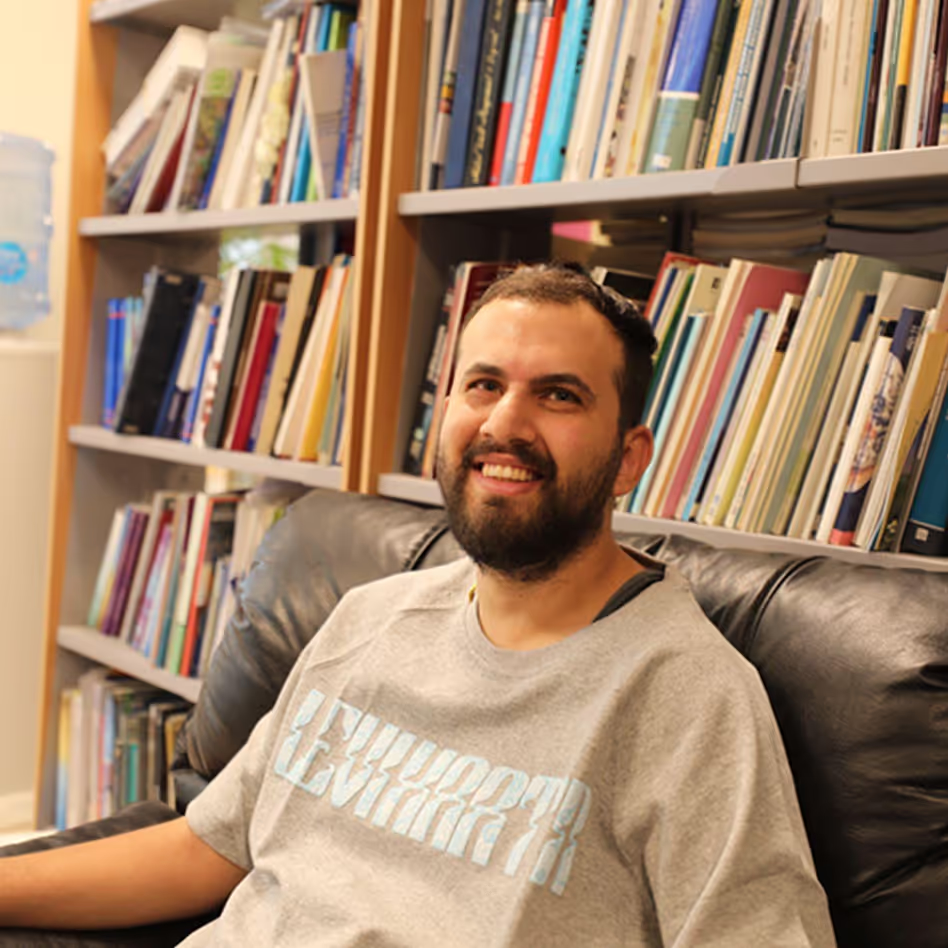
Jordan
Fouad Qua’dan, 28, Social media expert
“I believe mental health is just as important as physical health and that psychological distress affects the entire body.
Today, I encourage anyone who is struggling or going through a difficult time to open their heart, speak up, and seek help without fear or shame, because the first step is the beginning of real hope."
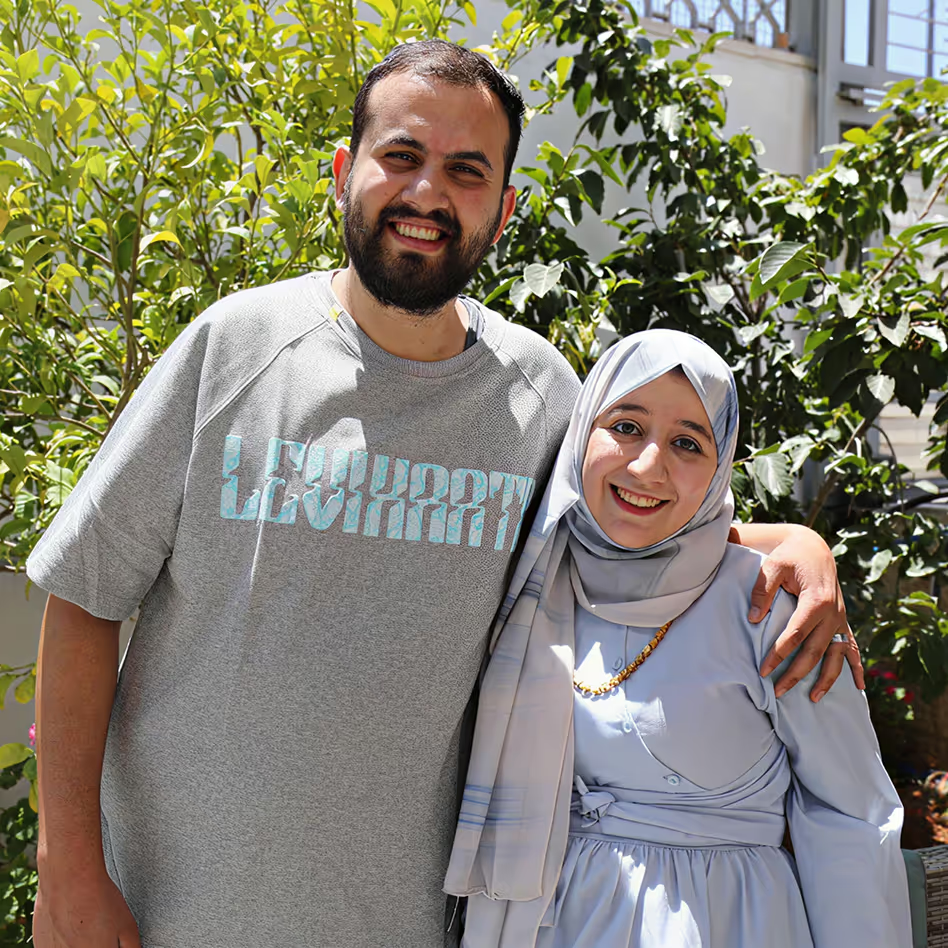
Jordan
Malak Nowfal, Housewife and Carer
“My name is Malaak, I’m 28 years old, and I’m the wife of Fouad. This story isn’t just about marriage it’s about companionship, empathy, and the quiet strength it takes to support someone living with a mental health condition.
The Special Initiative for Mental Health played a significant role in both of our journeys. It wasn’t just about helping those with mental health conditions it was also about helping the people who support them. It felt like, finally, there was a space in society for us, where we weren’t alone in this journey. I began to feel seen and empowered, and more importantly, so did Fouad. Mental illness is often misunderstood as something to fear. But I’ve come to believe, and I wish more people would, that mental health matters just as much as physical health. No one should be ashamed of needing help. “
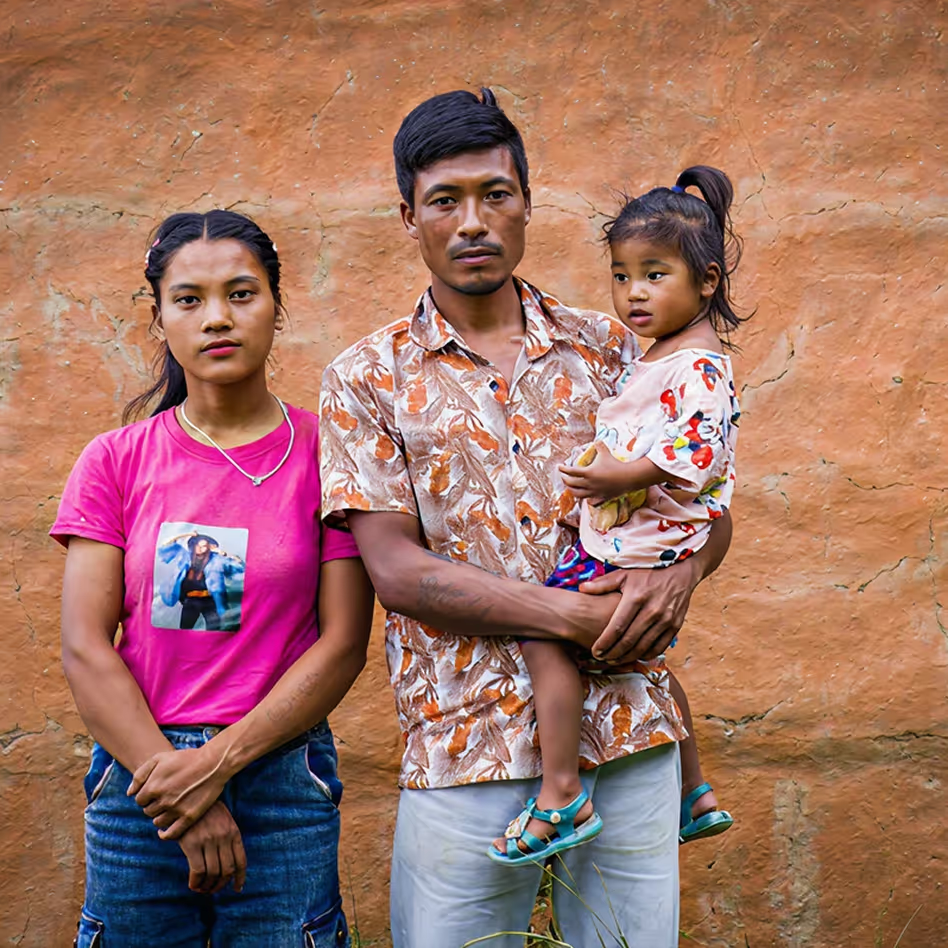
Nepal
Tirtha Bahadur Shahi, Mason/Farmer
“Everything changed for me around August last year, after the landslides and floods hit nearby areas. That night, I was sleeping when suddenly my heart started pounding — thump, thump, thump. I woke up in a panic, and all I could think about were the people who had died. A strange, terrifying thought entered my mind, and I couldn’t shake it off.
From that night on, I became restless. The fear kept coming back. I felt like I was losing my mind. I always wanted someone beside me. I was scared I might die suddenly. Watching the news made it worse. I’d imagine our house being swept away. I’d picture how people died. My heart would race, and I would feel like I was next. It got to a point where I had to ask my wife to hide the sharp tools in the house. I was afraid I might hurt someone or myself. I couldn’t sleep at all.
I’d say I am 99% better now. I do get a little anxious when I am under stress. Sometimes I do think what would have happened to me had I not sought treatment or received the care that I needed. Maybe I would have wandered off somewhere, got lost, or even worse. Thanks to my wife, family and the services I received at the local health post, I am doing much better.”
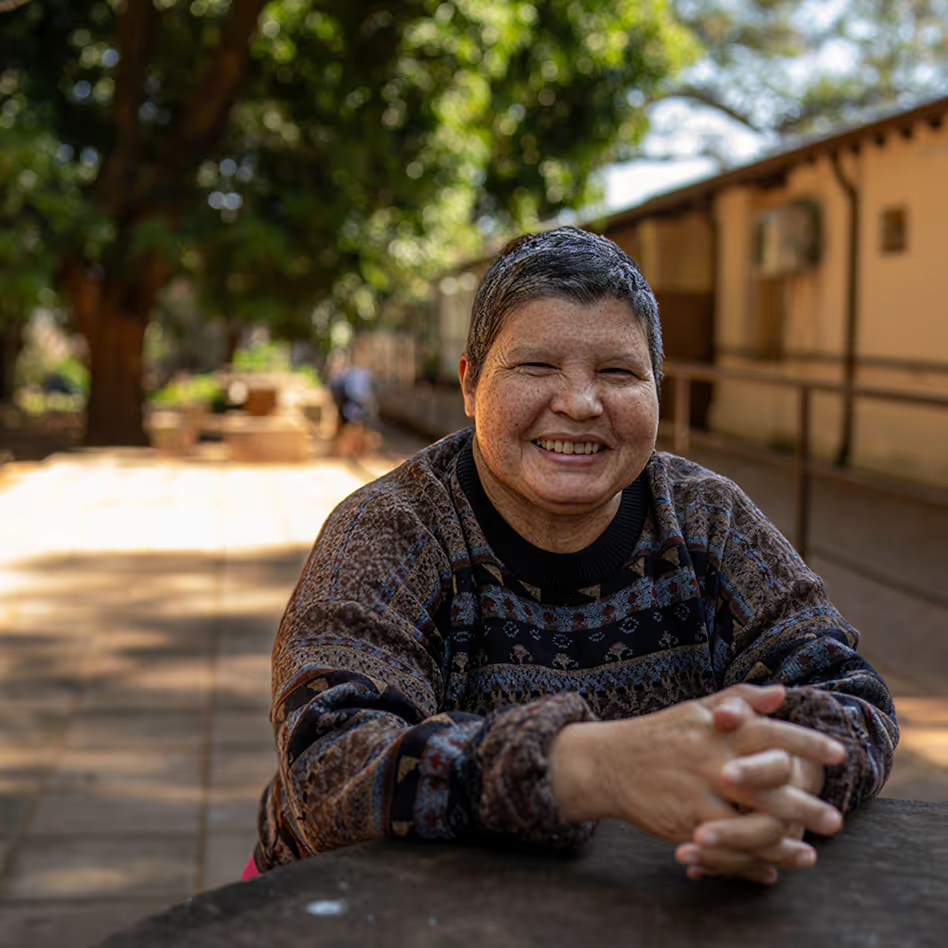
Paraguay
Clara Miranda, Residente de Hogar Substituto, Asuncion
“A while ago, I came here after spending time in various places, including a psychiatric hospital. Today, I am very happy in this home. Since I arrived, many aspects of my life have improved. Here, I am well. I feel supported and looked after. This place is my home, and the people I live with are my family.”
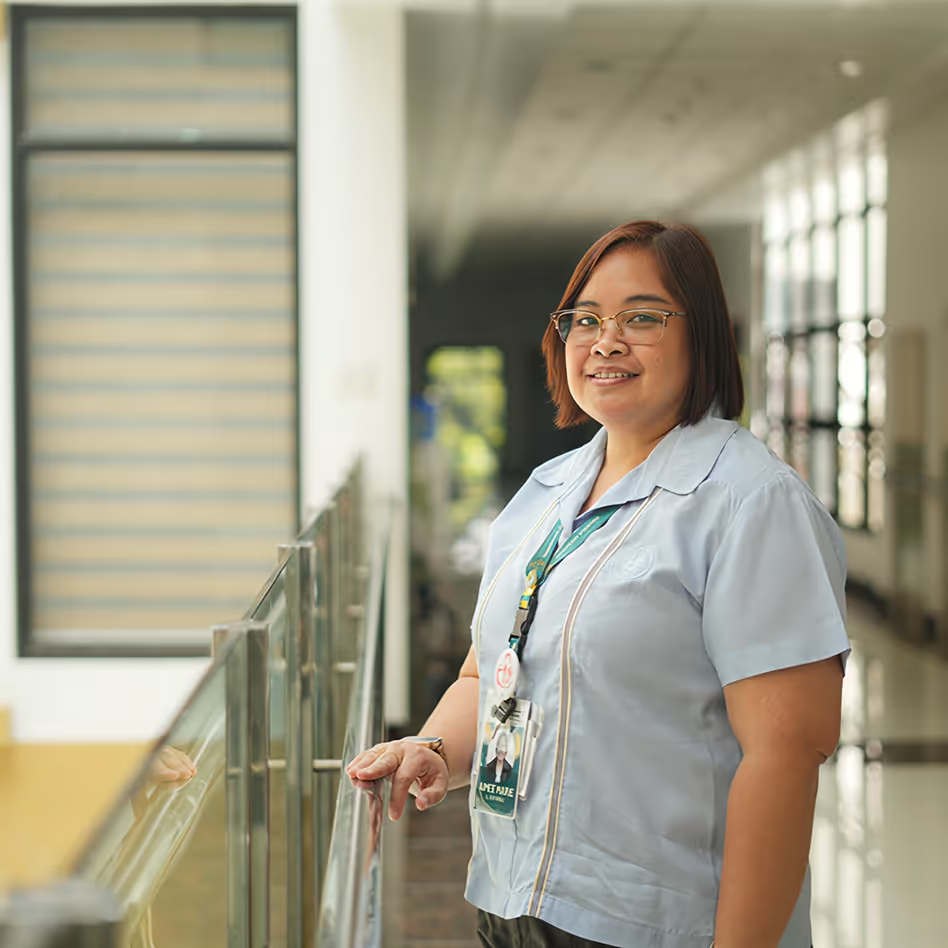
The Philippines
Dr Aimee Gayomali, Non-Communicable Diseases Cluster Head, Center for Health Development Western Visayas Region, Department of Health, Philippines
“What keeps me going is knowing that this work matters. It’s not just about policies and programs — it’s about people. It’s about helping someone feel heard after years of isolation. It’s about giving families hope. And it’s about building a future where no one feels ashamed to ask for help. The impact may not always be immediate or visible — but the seeds we’re planting now will shape a more compassionate and inclusive society for the next generation.”
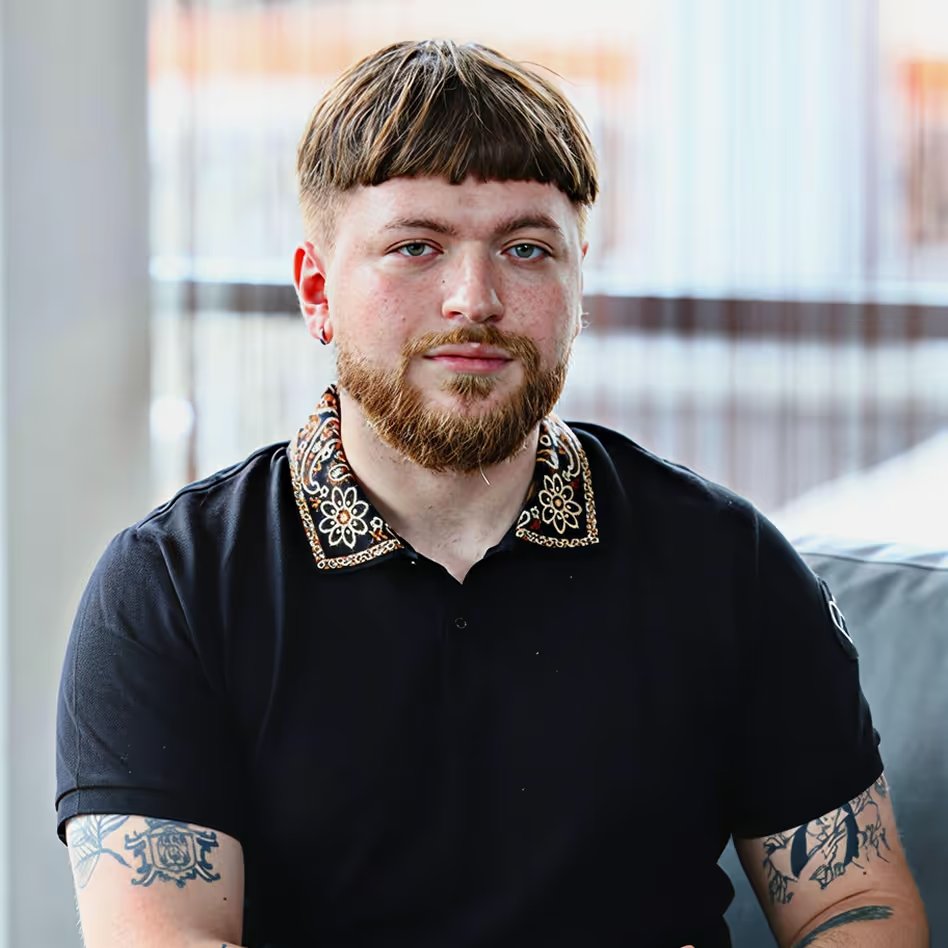
Ukraine
Matvii Dariichuk, Lecturer at the Department of Psychology and Philosophy, psychologist-counsellor at the Medical and Psychological Centre, Bukovinian State Medical University (Chernivtsi)
“We have a Medical and Psychological Centre at the university, where we provide free consultations to students, lecturers, and relatives of lecturers. Students come to us with various problems. For example, Sixth-year students may experience high levels of anxiety and stress due to exams and writing their master's thesis. They may also face a crisis of professional identity: Did I choose the right specialisation? Is medicine really my thing or not? What did I spend six years of my life on?
I completed training under the WHO mhGAP program, and every time I returned from training, I felt a strong desire to share the knowledge I had gained with my students.”
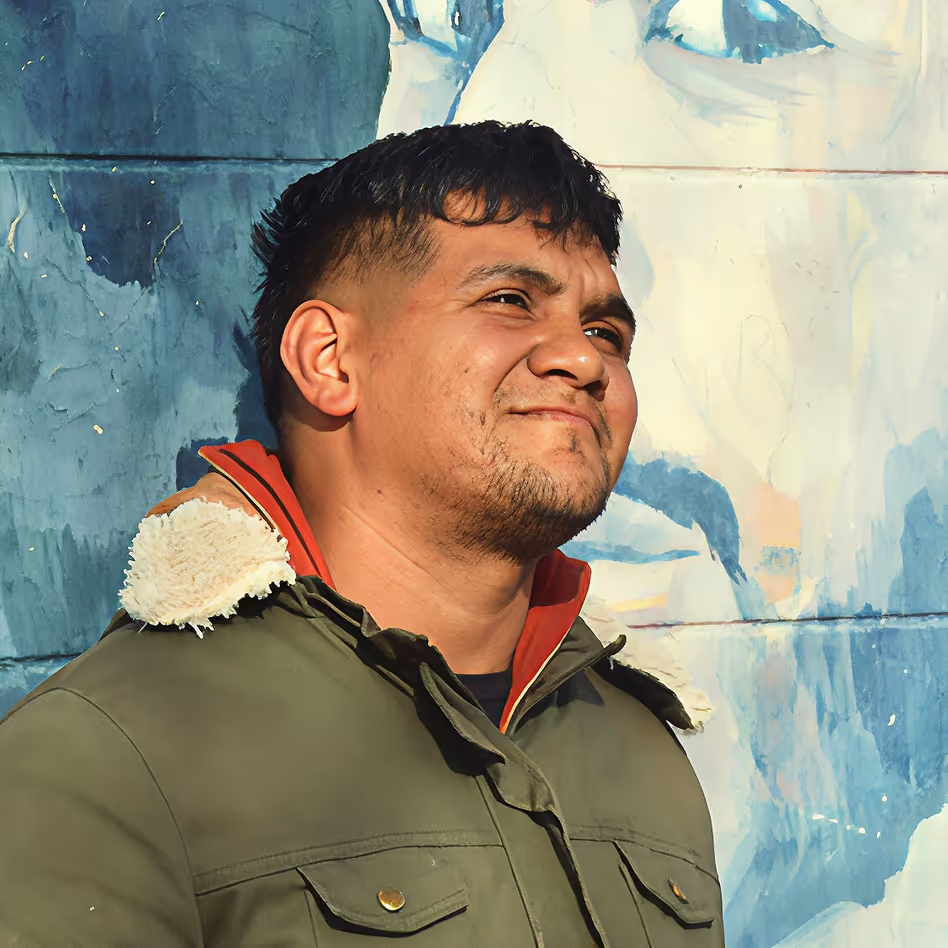
Argentina
Oscar Molina, patient at the La Posta Norte Community-Based Mental Health Center in Rosario
“After being diagnosed with refractory epilepsy as a child and with both parents facing mental health issues, I was raised by my grandmother. throughout childhood. Following her death, I experienced a mental health crisis that led to multiple hospitalizations. I was unwell and here [at La Posta Mental Health Center] they welcomed me with open arms. They are good people, they treat us well and help us with everything. I’m very happy because of that,”.











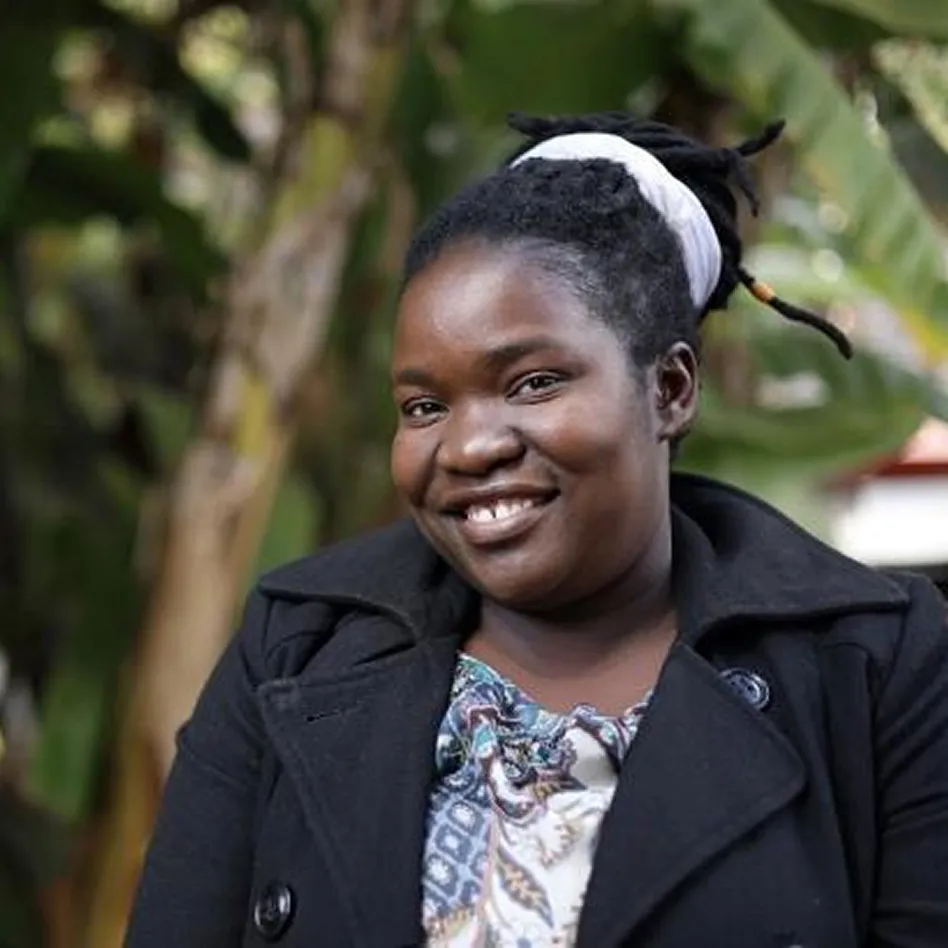
We Can Achieve More Together
By training staff, strengthening local clinics, and supporting the national scale-up of services, WHO’s flagship mental health program has helped people recover their health at critical moments in their lives.WHO estimates these results were achieved at a cost of US$ 0.40 for each person supported.
Learn more about WHO Special Initiative for Mental Health
Despite progress, mental health remains underfunded, with countries spending just 2.1% of health budgets on mental health care. One in 8 people globally live with a mental health condition, yet most do not have access to affordable, quality care.
We want to change that.
The Power of Partnership
In 2024, the WHO Foundation and Maybelline New York joined forces to expand global access to mental health support. Through a $1.8 million commitment, the partnership supports the WHO Special Initiative for Mental Health (SIMH), which collaborates with ten countries to integrate mental health into primary and secondary care. By the end of 2024, SIMH had reached 72.3 million people, with a goal of 100 million more by 2028, especially in low- and middle-income countries.
The partnership supports the Portrait Series, sharing powerful stories of hope and recovery. The series showcases SIMH beneficiaries through powerful imagery and personal stories of hope, courage, and recovery, aiming to break the stigma and inspire understanding.
The partnership also builds on Maybelline’s Brave Together program, launched in 2020 to provide support for those experiencing anxiety and depression. Active in more than 35 countries with NGO partners, Brave Together focuses on destigmatizing mental health and connecting people to free, accessible resources and one-to-one support.
Together, the WHO Foundation and Maybelline are strengthening mental health systems, raising awareness, and mobilizing action worldwide.


How can you help?
Get in touch with our team to learn more about how your partnership could help expand global access to mental health support.